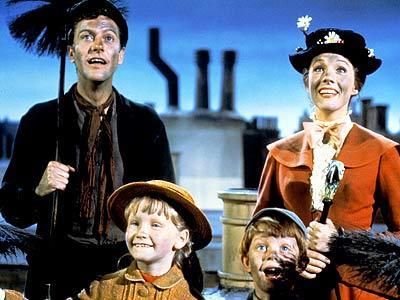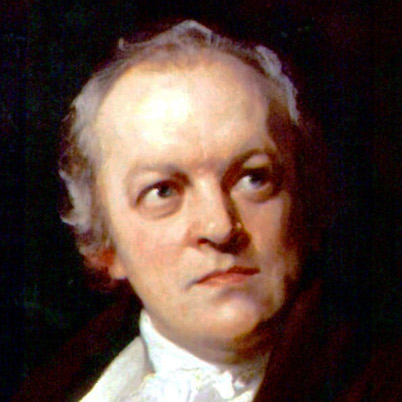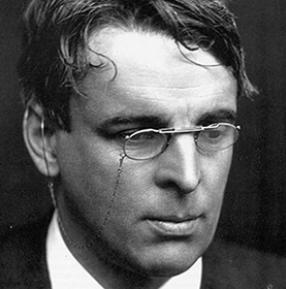Even after a hundred and forty years from the date of its first publication in 1875, Invictus remains among our best-loved poems. The poem’s premise drawn from the long and painful illness of William Henley appears simple yet complicated. It borders on both the physical as well as the metaphorical and is quiet reminiscent of Dylan Thomas’ famous poem, Do Not Go Gentle Into That Dark Night.
The style of writing is rhythmic and impactful like the sound of a storm in the sea. It speaks of human defiance and courage in times of adversity. From the very beginning human life was bestowed with dark troubles for we possess an intelligent mind that can think and feel. It is of this mind that the poet speaks of as he wishes to conquer it. The mind can make daunting efforts to survive through any ordeal and it is this stream of thought that the poet hopes to convey. The most endearing quality of this text is that it can be read and intercepted under any context and in any time or age.
The title of the poem Invictus stands for the Latin term of the same which defines it as unconquerable. The poem was written in Henley’s youth but it was published in the year 1875, which was thirteen years after. This beautiful striking piece of literature immediately garnered immense popularity as it evoked courage and perseverance among all who were suffering a difficult time in their life. Till the 1960s this poem was recited everywhere in schools and in youth organizations as a part of curriculum or anthem. Its uplifting and instigative words were chanted and recited by many people and it was frequently included in poetry anthologies.
It can be observed that the first verse adopts a humanist position. Reference to a higher power in the midst of suffering is vague ‘whatever gods may be’ while the focus is on his ‘unconquerable soul’. The famous line ‘My head is bloody, but unbowed’ suggests a noble bravery in the face of adversity, while the even more frequently quoted final two lines affirm the power of individuals to shape their own destiny, to accept responsibility and to choose how they will go forward in life? The term “whatever Gods” has a direct reference to any of the numerous Gods that man worships but it can also be intercepted as an ironic religious comment. Although there are no direct references to prove the poet’s actual opinion of religion, we can follow that all the religious imageries used in the poem are borrowed from the Bible.
Themes
The message that the poet wants his readers to understand is that death can be great and all consuming and it is coming for all of us one day or the other, but how we face the fear of death is our choice. Here, the poet does not advocate humility against death but hopes to trigger a sense of survival instinct in all those who were fighting for their life.
Many would say that that the theme is a little melodramatic and less idealistic but it is important to remember the bitter journey the poet went through as the disease progressed. In such fell circumstances it is natural to feel overwhelmed. This theme of being overwhelmed under distress but still controlling the mind to think ahead is the central idea of the poem. In fact, the attempted idealism turns to blatant defiance as the poet experiences a fall, out of a world where gallantry and decency might still be possible and into an inferno of pain and misery as he ends up imagining the worst.
The agnostic theme of disbelief and doubt in the supernatural or the immortal pervades throughout the poem. There is a stark desperation to connect with the divine to gain strength and composure of mind from the concept of religion, but lack of hope and despair imposes a sense of uncertainty. All the words in reference to the higher power is tainted with doubt. All possibility that the poem could be a devotional plea for help is erased by the poet when he says, “whatever gods maybe”. This at once proves his resentment and bitterness towards God as he displays his anger by showing lack of faith. However the want of faith is apparent enough for him to reach out to other sources of celestial power that may or not fit into the worldly concept of ‘God’.
Character Sketch
William Henley has to a point ascertained that the poem was autobiographical in nature and that he was indeed thinking of his own existential crisis while writing. In a practical day to day life mode of analysis, the words form together to bring forth a character who relies less upon the outer demons and focuses more on his inner strength. This larger-than-life character draws power from his self to remain unbowed and unhinged even when the dark lord of death looms in the years ahead.
The character in the poem is not tormented by an individual entity or any comprehensible event. It seems like the source of his suffering is a vast void of abstract insecurities and anxiousness regarding what the future holds. According to the verse, the present does not look good and the future is shrouded in complete darkness making it impossible to hope for a ray of light. Standing tall against the coming storm is the only choice the character has and he does so with fierce resolution.
Conclusion
Sometimes, one particular piece of literature is so celebrated throughout ages; other works of great stature by the same author gets little or no recognition. The many talents of William Henley as a critic, journalist and dramatist have been overshadowed by his strength in poetry. The poem Invictus has set in stone his poetic abilities of developing splendid character in verse through the use of various literary techniques which makes his readers only marvel at his brilliance. Although his career was punctuated by long visits to hospitals, he nevertheless managed to create his own niche in the history of English literature. We can only imagine what he might have achieved if he did not suffer from his maladies. His long and fruitful association with Robert Louis Stevenson gave birth to the character of John Silver in the novel Treasure Island. It is believed by experts that this character was based upon Henley himself. Coming to the reason why Invictus as a poem is still widely read, recited and remembered is because of its eternal relevance to the struggles of human kind.
Some online learning platforms provide certifications, while others are designed to simply grow your skills in your personal and professional life. Including Masterclass and Coursera, here are our recommendations for the best online learning platforms you can sign up for today.
The 7 Best Online Learning Platforms of 2022
- Best Overall: Coursera
- Best for Niche Topics: Udemy
- Best for Creative Fields: Skillshare
- Best for Celebrity Lessons: MasterClass
- Best for STEM: EdX
- Best for Career Building: Udacity
- Best for Data Learning: Pluralsight













